When deciding between digital and analog handheld scales, it's essential to consider accuracy. Digital scales are often favored for their precision and ease of use. They typically require less calibration compared to their analog counterparts, which operate on springs that can degrade over time, leading to less accurate readings.
Digital scales utilize strain gauges attached to load cells that bend under weight, converting this physical change into a digital reading. This method tends to be more reliable, as analog scales lack the ability to provide decimal measurements, which can be crucial for those requiring specificity.
Moreover, digital scales offer clear readability. Analog scales can introduce errors in self-reporting due to the difficulty in discerning the exact position of the dial. However, digital scales display the weight in an easy-to-read format, reducing the chance of misinterpretation.
While digital scales come with additional features, such as tracking weight history, not all may be necessary for every user. It's important to assess which features will be beneficial for your specific needs. Regardless of the type, maintaining consistency in how you weigh is critical for accuracy. This includes using the scale on a hard, flat surface and calibrating it regularly, according to the manufacturer's instructions.
In summary, while both types of scales have their uses, digital handheld scales generally offer greater accuracy and convenience, making them a suitable choice for those who value precision and ease of use in their weighing tools.
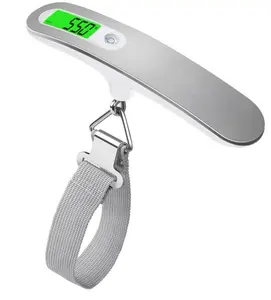






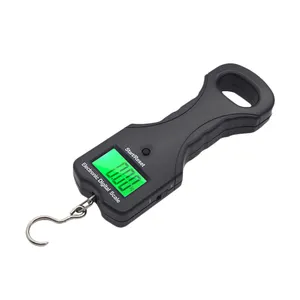

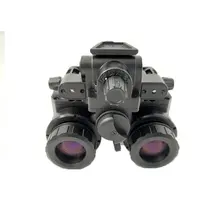
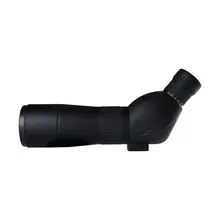

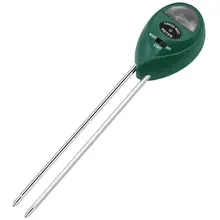




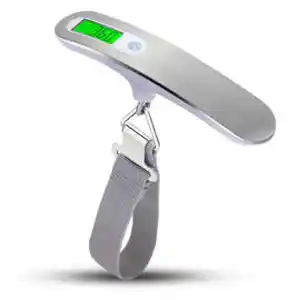





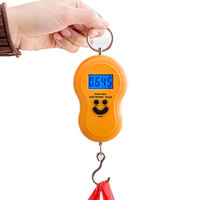









 浙公网安备 33010002000092号
浙公网安备 33010002000092号 浙B2-20120091-4
浙B2-20120091-4